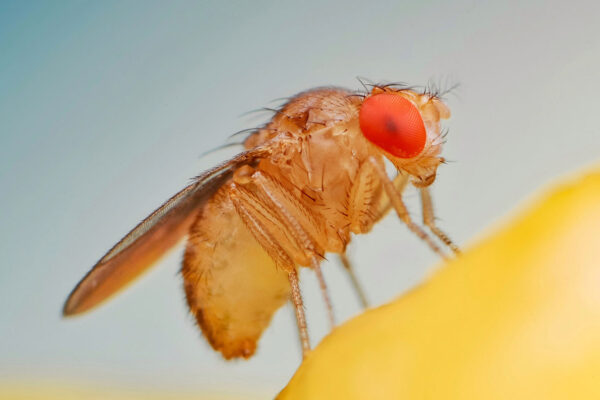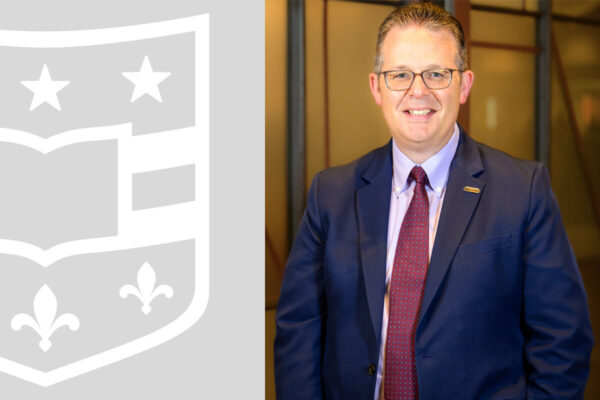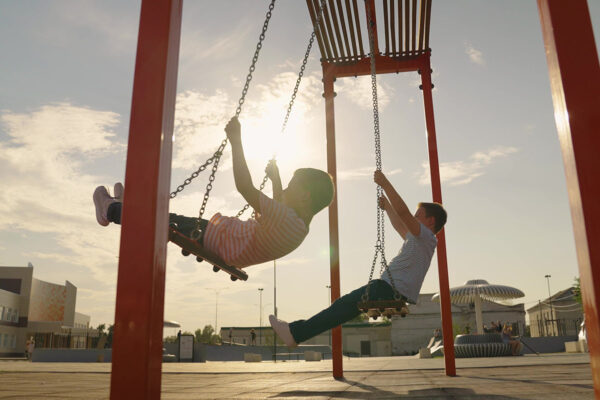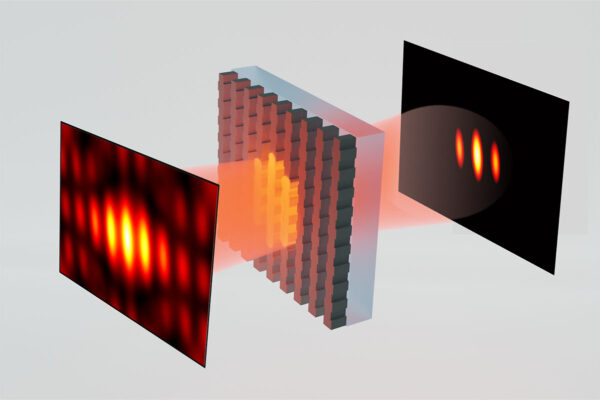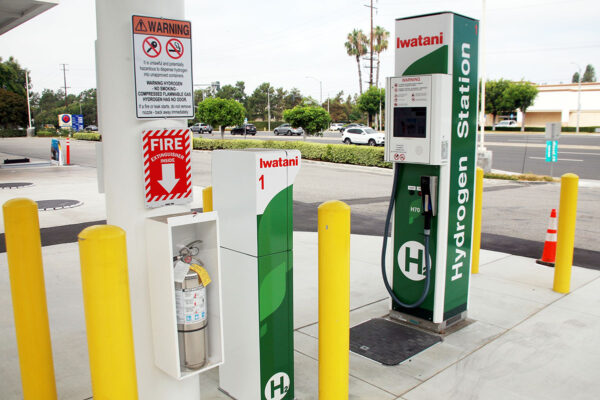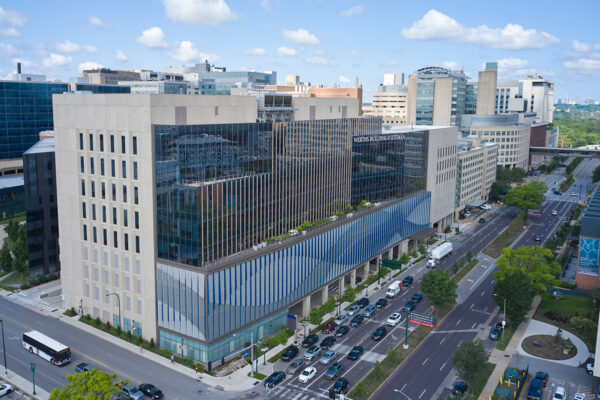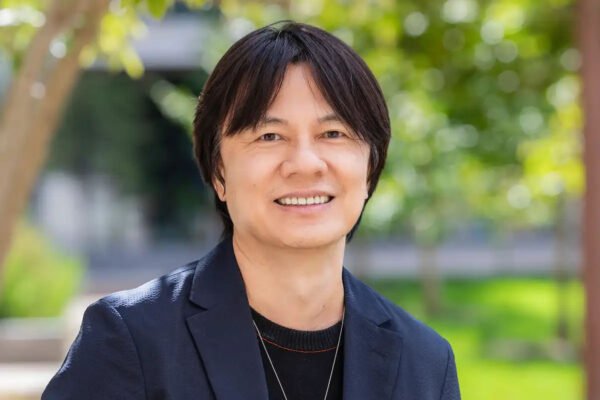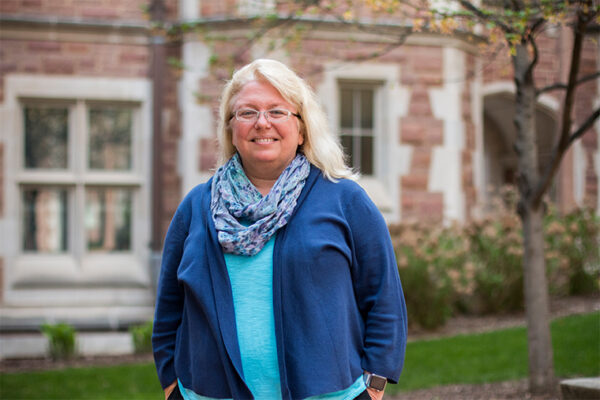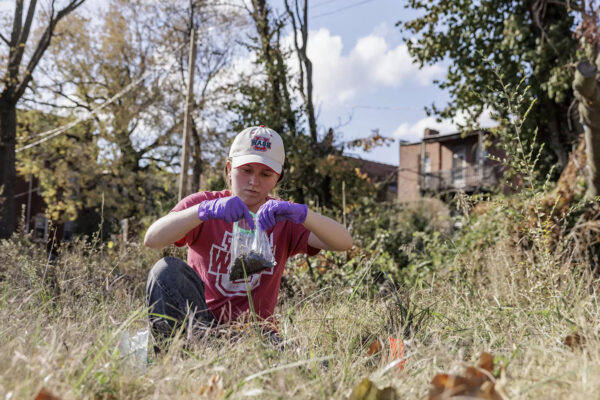Courtship is complicated, even in fruit flies
Researchers at Washington University in St. Louis have a new model for understanding fruit fly courtship behavior, which can help with other sensory models in neuroscience research.
Payne elected president of medical informatics organization
Philip Payne, vice chancellor for biomedical informatics and data science at WashU Medicine and chief health AI officer for BJC Health and WashU Medicine, will lead the American Medical Informatics Association.
How feelings of neighborhood safety may shape young minds
Research from WashU psychologists finds perception of neighborhood safety affects brain development.
Light gives boost to image processing, optical systems
Researchers at Washington University in St. Louis have found a way to use light to boost the efficiency of image processing and optical neural networks.
Making hydrogen fuel cells ‘less precious’
WashU engineers are working to bring stability to iron components instead of using more expensive precious metals in fuel-cell technologies.
Gary C. Werths Building earns LEED Gold
The nine-story Gary C. Werths Building at Siteman Cancer Center, based at Barnes-Jewish Hospital and WashU Medicine, has earned Leadership in Energy and Environmental Design Gold certification from the U.S. Green Building Council.
Reinforcement learning for arbitrarily large systems is possible
Researchers at Washington University in St. Louis are developing mathematically rigorous and computationally efficient techniques to transform extremely complex reinforcement learning problems into a manageable domain.
Barch wins major national psychology prize
WashU psychology researcher Deanna Barch has won the Atkinson Prize in Psychological and Cognitive Sciences from the National Academy of Sciences, one of the most prestigious honors in psychology.
WashU faculty, students search for hidden hazard in tornado’s path
Researchers at Washington University in St. Louis are testing for elevated lead levels potentially kicked up in the destructive path of the 2025 tornado.
Racism packs a punch for those enduring it over a lifetime
Researchers from Washington University in St. Louis find evidence that elevated stress exposure and its inflammatory correlates may contribute to Black-white racial disparities in mortality risk.
Older Stories
